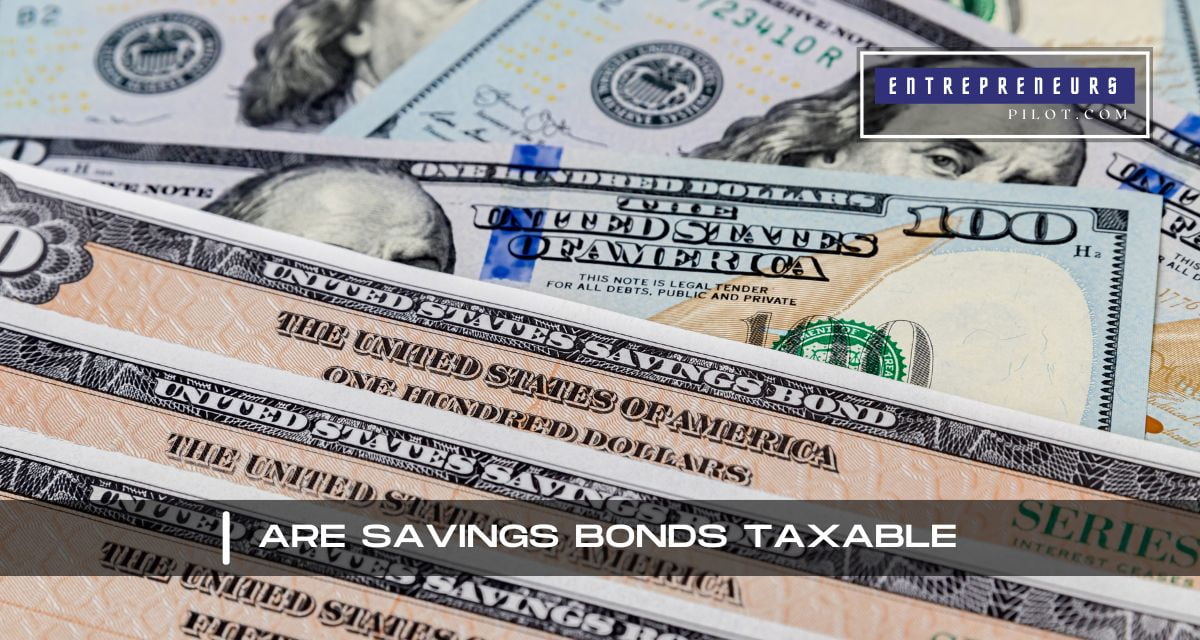If you’ve ever considered investing in savings bonds, you’ve probably asked the burning question: “Are Savings Bonds Taxable?” There’s a haze of myths and misunderstandings that could make your decision cloudier than a foggy morning. You might have heard things like, “Oh, the interest is tax-free!” or “You’ll be slapped with huge taxes at maturity.” Don’t let this financial folklore keep you puzzled. Stick around as we debunk seven common myths that might just change your investment game for good. With factual insights and expert opinions, we’ll help you navigate the complex labyrinth of tax obligations and benefits tied to savings bonds. Ready to clear the fog? Let’s get myth-busting.
Table of Contents
If you’ve ever considered investing in Savings Bonds, you’ve probably been thrown off course by the big question: “Are Savings Bonds Taxable?” It’s like a thick fog that seems to cloud everyone’s judgment, fuelled by myths, rumors, and half-truths that can confuse even the savviest investors. Well, guess what? It’s time to lift that fog. We’re here to expose seven of the most common myths about the tax implications of savings bonds. Stick around and let’s start myth-busting!
Myth 1: All Savings Bonds Are Tax-Free
One of the most widespread beliefs is that all savings bonds are a magical land of tax-free interest. While it’s true that some types, like Series EE and I Bonds, offer federal tax-deferred interest, they aren’t entirely tax-free. You’ll eventually have to pay Uncle Sam when you cash them in or they reach maturity.
Myth 2: You’ll Pay State Taxes on Savings Bonds
Contrary to popular belief, interest from U.S. savings bonds is generally exempt from state and local income taxes. So if you’re holding onto these bonds and you’re worried about your state taking a bite, you can rest a little easier.
- For Expert Financial Insights And Guidance, You Can Visit Our Sister Site – ArabsGeek.com Now!
- Curiosity Piqued? Dive Into the Most Captivating Financial Content by Visiting Our Homepage!
- Unlock Exclusive Business Opportunities! 🚀 Connect with Us Now at our Email: [email protected]!
Myth 3: Taxes Hit Hard at Maturity
Some people assume a huge tax bill looms at the end of the bond’s life cycle. But the tax you owe on savings bonds’ interest is generally the same whether you cash them early or let them mature.
Myth 4: Kids Don’t Pay Taxes on Savings Bonds
It’s a misconception that if the bond is in a child’s name, no taxes are due. There are some tax benefits for minors, but these benefits have limits and conditions. Always consult a tax advisor for specifics.
Myth 5: Transfer Bonds to Avoid Taxes
There’s a myth that transferring bonds to a family member or a trust will absolve you of any tax obligations. Not so fast! The IRS will still want its share.
Myth 6: You Can Easily Deduct Education Expenses
Yes, it’s possible to get some tax benefits for education expenses, but there are very specific criteria you must meet. Misunderstanding this can lead to disappointment at tax time.
Myth 7: Tax Strategies for Savings Bonds Don’t Exist
You might think you’re locked into whatever tax situation your bonds bring, but there are strategies for optimizing your tax burden. From timing your bond redemptions to considering the impact on your retirement income, there are ways to be tax-smart about it.
Conclusion
The question, “Are Savings Bonds Taxable,” is laden with myths that can make your investment journey more complicated than it needs to be. Now that we’ve debunked these myths, you’re well on your way to making more informed decisions about your savings bonds and their tax implications. Remember, when in doubt, consult a qualified tax advisor. Happy investing!











